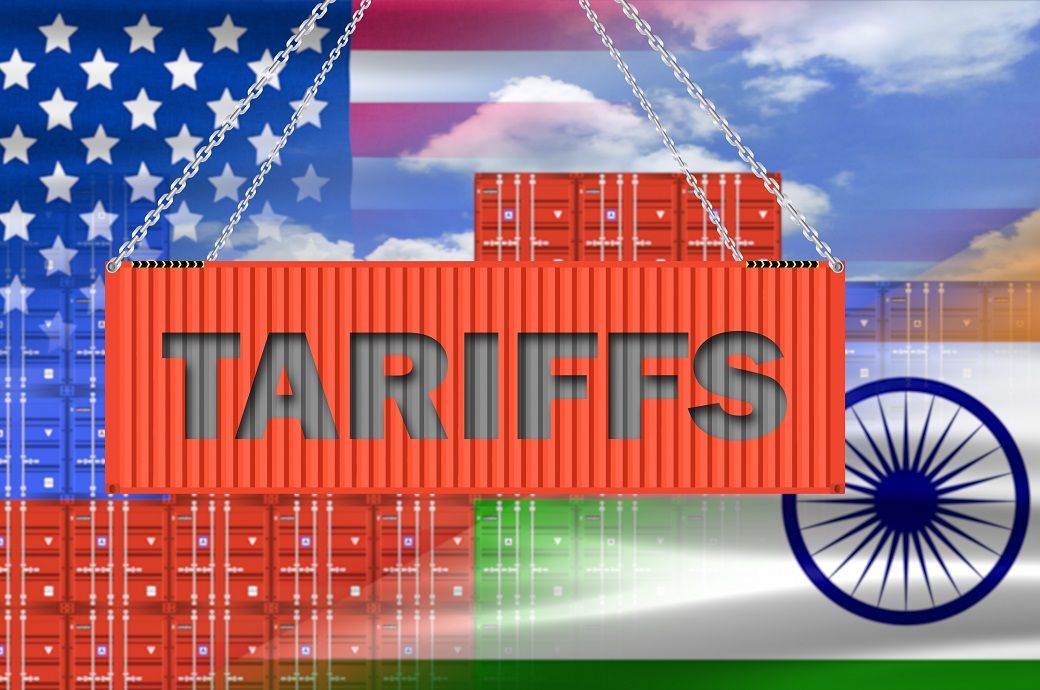
The tariff hike, which has thrown the industry into disarray, has already led to the halting of orders and intensified negotiations between exporters and their buyers. The challenge of absorbing these additional costs is proving difficult for most, with serious ramifications for business and employment in an already vulnerable sector.
The impact is especially pronounced in key manufacturing hubs such as Noida and Gurgaon in the National Capital Region (NCR), which are home to some of India’s leading names in garment exports. These regions produce apparel for numerous globally renowned brands, but now these exporters are bracing for the tariff fallouts, which threaten to disrupt a market that has become central to the region’s economy.
Reports suggest that Noida is home to approximately 4,500 textile factories and reportedly employs over 10 lakh workers, most of whom are directly or indirectly dependent on the garment export trade to the United States. However, following the tariff hike, many buyers have paused their orders.
“After the 50 per cent tariff hike, buyers have stopped orders, with a portion of the orders already being redirected to alternative destinations,” an industry insider claimed while highlighting that this reassignment of orders could trigger a shift in the global supply chain.
The long-term implications of these changes could undermine India’s position as a leading garment exporter, expressed apprehensions, the person concerned.
In Noida alone, the industry is reportedly worth ₹50,000 crore, with nearly a quarter of that value tied directly to exports to the US market. As a result, the region is highly exposed to shifts in US trade policy.
The increased tariff burden is putting additional pressure, especially on the small- and medium-sized enterprises (SMEs) that lack the financial flexibility of larger players. Reports indicate that some buyers are demanding that exporters absorb 20-30 per cent of the increased costs, a burden that many smaller businesses simply cannot bear.
“While larger companies may manage to weather the storm by offering additional discounts, small-scale businesses simply cannot survive under the current conditions,” a Gurgaon-based industry player lamented, highlighting the risks for small-scale exporters who operate on thin margins.
In response to the situation, the Government has stepped in with a series of measures aimed at providing relief to exporters, including a 40-country outreach strategy designed to diversify India’s export markets, an extension of the duty-free import of cotton until December 31, revised Goods and Services Tax (GST) rates, etc.
Although these measures have been welcomed by industry players, there is a consensus that market diversification will take time and will not offer an immediate fix. However, some remain cautiously optimistic, hoping the disruptions will be a short-lived affair. India, after all, holds a position of strategic importance in the global supply chain.
Their optimism is further supported by the US’s shifting approach, most recently highlighted when Donald Trump, through a social media post, affirmed the continuation of India-US trade talks and expressed confidence in a successful outcome.
Regardless of Trump’s post, there is widespread concern within the industry that if the current situation continues, firms that are heavily reliant on the US market will find themselves in a precarious position soon.
“The US remains a key export destination for India’s textile sector, and any prolonged disruptions will erode the competitiveness of Indian exports,” an industry insider cautioned while adding that, as the situation unfolds, the coming months will be crucial in determining whether India’s textile industry can maintain its dominance in the global apparel market or not.
ALCHEMPro News Desk (DR)
Receive daily prices and market insights straight to your inbox. Subscribe to AlchemPro Weekly!